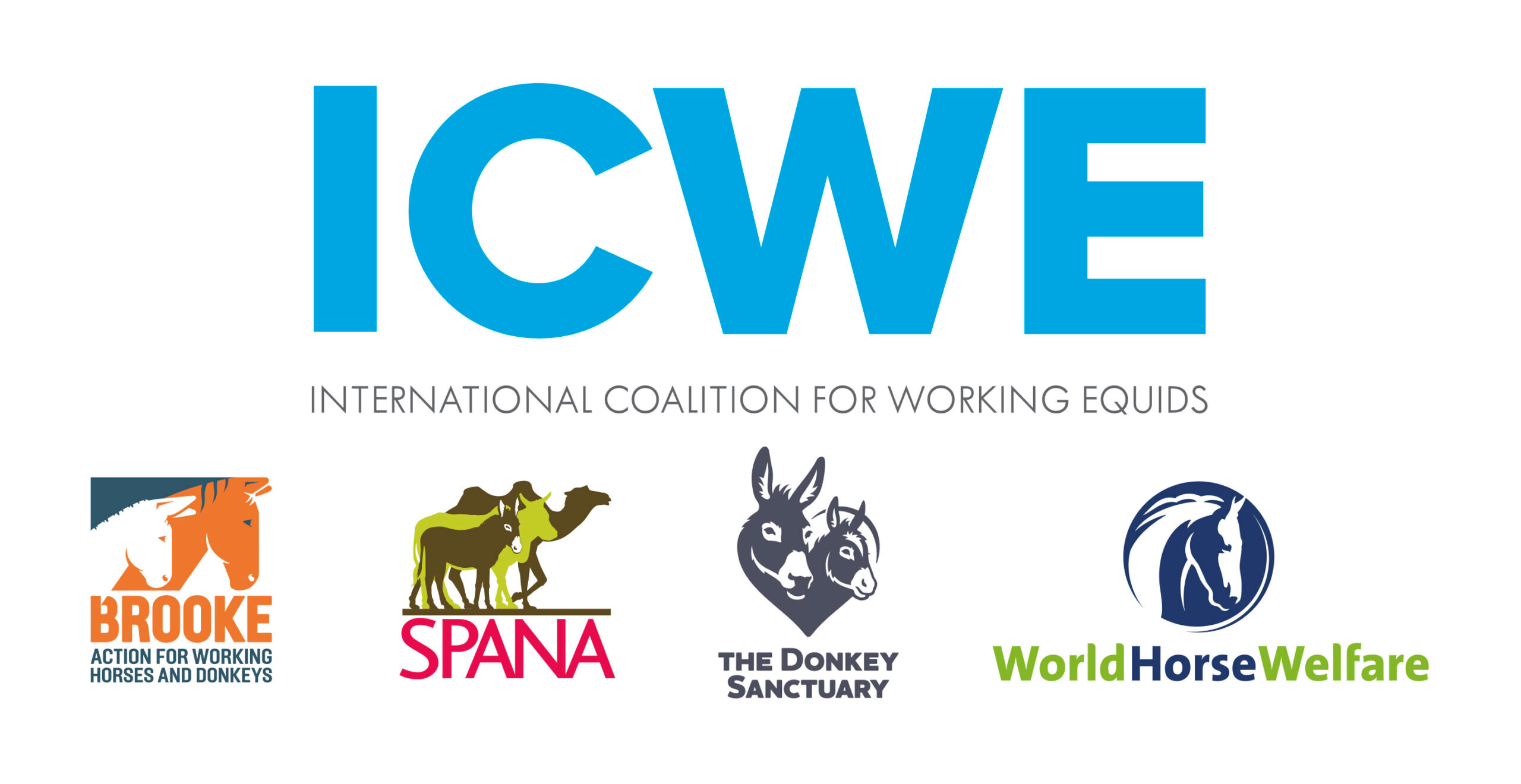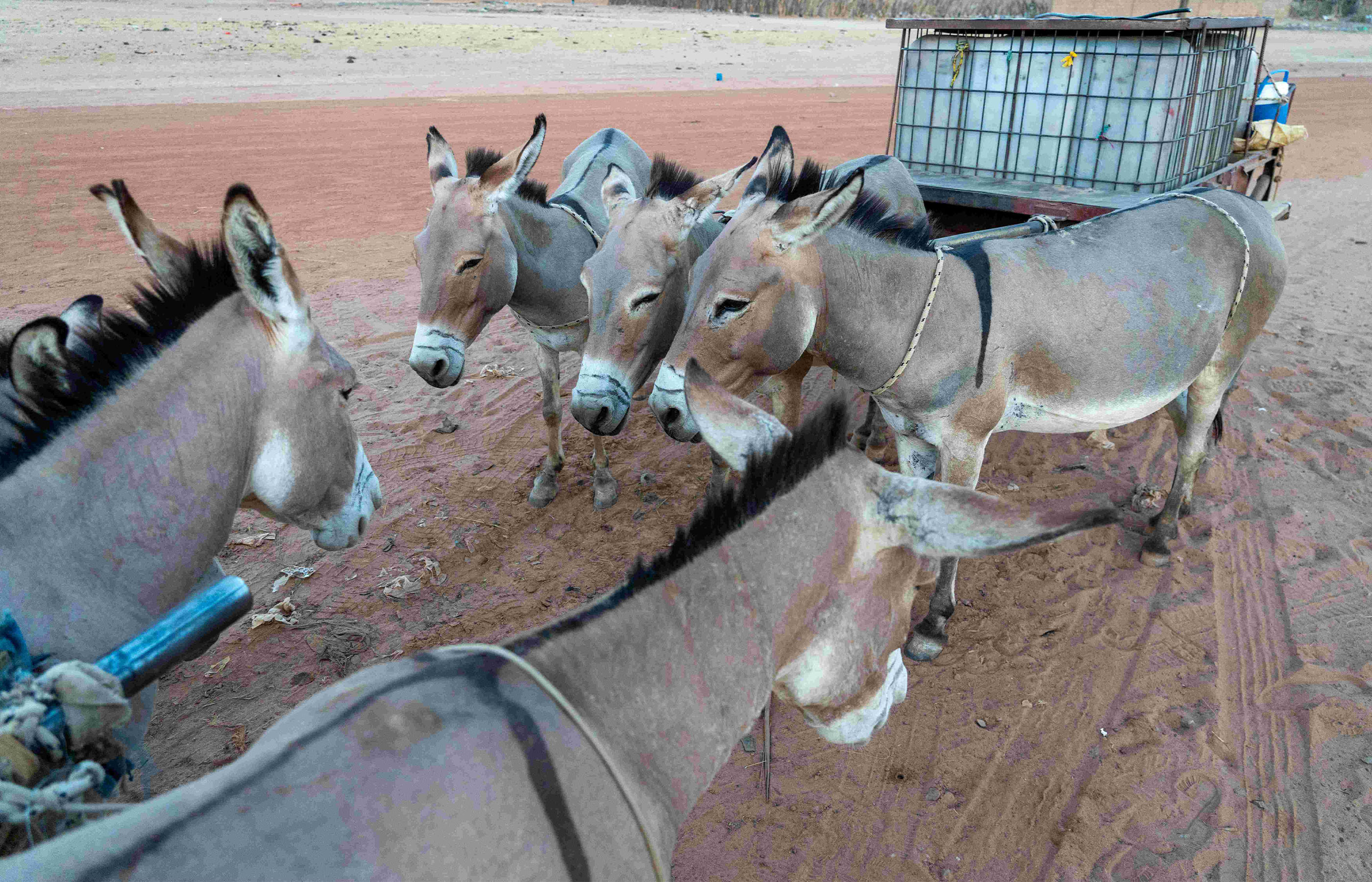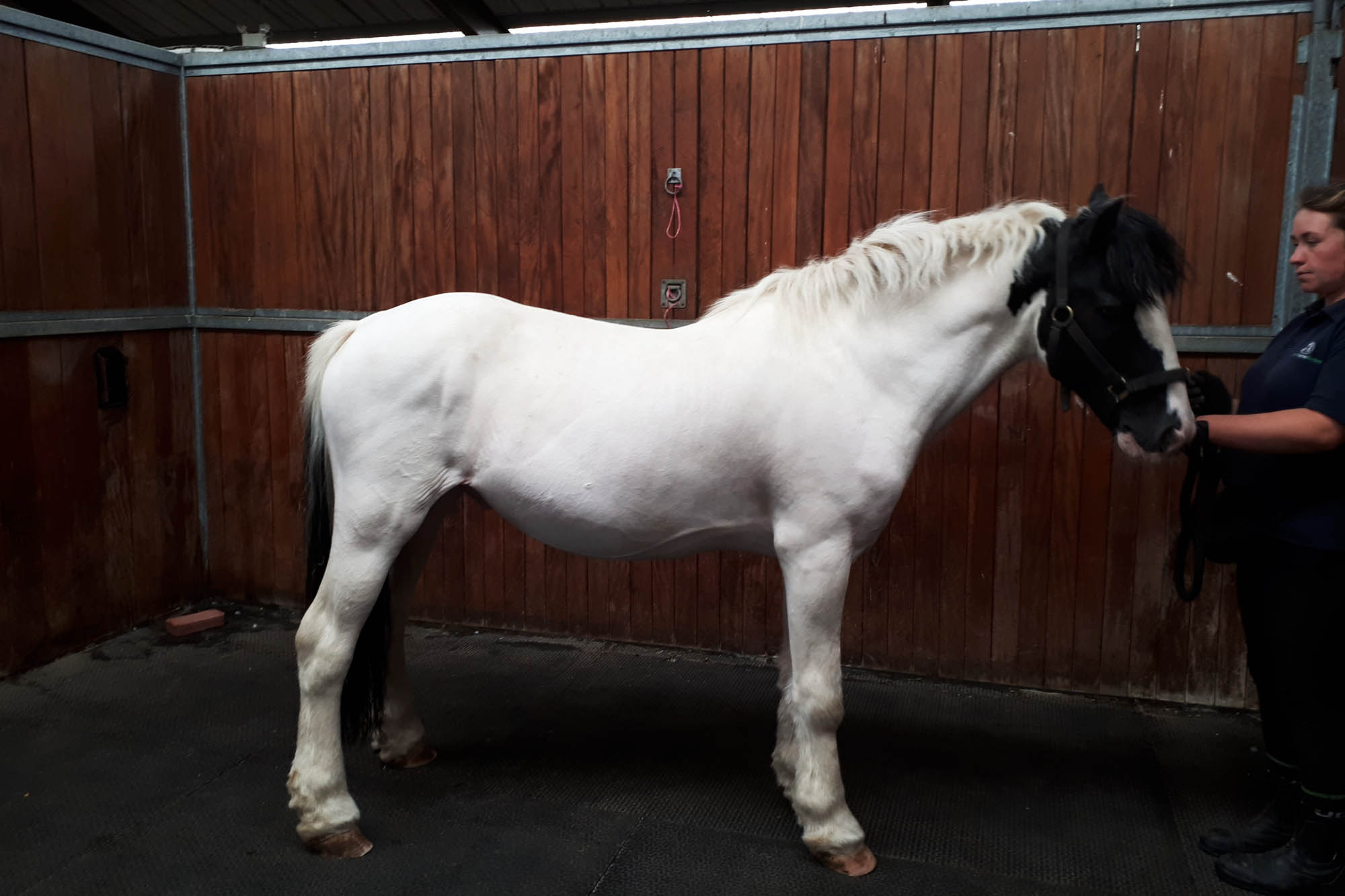The crucial role of working animals in Sustainable Development
People and organisations from around the world came together last Friday (25th February 2022) at a virtual event to demonstrate the crucial role of working animals at the Africa Regional Forum on Sustainable Development.
Posted on 04/03/2022

The side event, hosted by the International Coalition for Working Equids (ICWE), demonstrated how working animals, particularly equids (horses, mules and donkeys), contribute to building community resilience and highlighted the need to include them in planning for the future, as they have central roles in development and coping with the effects of climate change.
Working animals support the livelihoods of more than one billion people and provide a significant contribution towards the delivery of the Sustainable Development Goals (SDGs) by ensuring access to education, mitigating the effects of climate change, strengthening community resilience, tackling gender inequalities, allowing water security and facilitating interlinkages between the various SDGs.

Dr Lawrence Dinginya, OIE Animal Welfare Focal Point for Zimbabwe, Acting Deputy Director Veterinary Public Health in the Department of Veterinary Services in Zimbabwe who moderated the event, introduced the session to the complexity of the relationship between climate change and the effects on working equids, saying: “There is a close link between animal welfare and the wellbeing of people and the sustainability of socio-economic and ecological systems.” He also highlighted that “…it is crucial to recognise the role of working equids in providing sustainable solutions to address community and climate resilience. Advocacy, training and education are all vital for ensuring animal welfare.”
Sonigitu Ekpe, Director, Environmental Multilateral Support and Cooperation at the Ministry of Environment, Calabar – Cross River State in Nigeria built on this by pointing out that heat stress in animals will have significant knock-on effects for both the health and welfare of the animals themselves and the communities they serve. He said: “The situation is very complex and the welfare of these animals is important. Socioeconomic and social measures are crucial to provide working animals and the people that rely on them a healthier and better environment.”
Fredred Valdivia, Brooke Regional Director for Latin America expanded on these themes and gave examples from Latin America. He argued that working equids can contribute to all the SDGs and the focus of his presentation was the use of equids in disaster planning. “These animals are often considered the ambulances of the communities after disaster strikes. It is a big mistake if they are not included in disaster plans, and some important progress has been made.”

Finally, Ian Cawsey, Chair of ICWE and Director of Advocacy and Campaigns at The Donkey Sanctuary said: “We need to work together to push this agenda. Collaborations make positive change. Working animals support the livelihoods of more than 1 billion people around the world and, in disasters, they are integral in increasing the speed of recovery. Why are they not already a significant part of disaster planning? Countries with healthy working animals benefit from a more sustainable approach. You can’t have a sustainable world for humans that isn’t sustainable for animals.”
Ian noted the UN has now acknowledged all of this and working animals were beginning to take their place in planning.
ICWE has worked for the last four years with people and organisations around the world, anywhere that working animals are crucial to their communities and in his last week as ICWE chair, Ian stressed that the momentum that was building needed to continue.
The ICWE Coalition was established in February 2017 by Brooke Action for Working Horses and Donkeys, Society for the Protection of Animals Abroad (SPANA), The Donkey Sanctuary and World Horse Welfare. Originally formed to support the World Organisation for Animal Health (OIE) in implementing the working equine welfare standards the coalition has expanded its work to high level advocacy and collaboration on equid disease control.
The International Coalition for Working Equids is comprised of leading working animal NGOs Brooke, The Donkey Sanctuary, SPANA and World Horse Welfare and was established to work with the World Organisation for Animal Health (OIE) and its members to implement the OIE Terrestrial Code Chapter 7.12 on the Welfare of Working Equids.
Topics
Related News

Calling for urgent action to protect Africa’s donkey population
Calling on Africa's member states to move from 'vision to action' to protect donkey populations across the continent, at the 92nd WOAH General session in Paris

Improved lives for horses – and their owners – in Haiti
End of international project in Haiti sees legacy which will continue to improve the lives of rural Haitians and their equids.
Recommended Blog Posts

“The feeling of knowing that you’re making a difference is wonderful”
We meet superstar fundraiser Kelly Jay, who has raised more than £33,000 for our charity.

A day with the vet: scans and x-rays
Claire Dickie, Glenda Spooner Farm Centre Manager, describes some of the cases looked at in the course of a vet day.

Strangles – an update from Hall Farm
We share where we are in our efforts to return to a sense of normality at our Norfolk rescue and rehoming centre.
Enjoy reading stories like this?
Join over 65,000 other horse lovers and sign up for our email newsletter

Join over 65,000 other horse lovers and sign up for our email newsletter
Sign me up now